FAQs: Employment in Asia
In Singapore, a part-time job is generally defined as employment where an employee works fewer than 35 hours per week. This classification allows for greater flexibility for both employers and employees, accommodating various work-life balance needs.
Here are the deadlines for signing employment contracts in the specified Asian countries:
Japan: The Labor Contract Act does not specify a strict deadline, but it is customary to have a written contract before the employee starts working.
South Korea: The Labor Standards Act requires an employment contract to be established within two months of the start of employment.
China: Employers must sign a written employment contract within one month of the start of employment, or face penalties such as paying double wages.
Philippines: An employment contract should be signed within one month from the start date of the employee.
Indonesia: The Manpower Law requires a written employment contract, but does not specify an exact deadline.
Singapore: There is no specific legal deadline, but it is recommended to have a written contract in place before the commencement of employment.
Thailand: The Labor Protection Act mandates that an employment contract be signed within a week from the start of employment.
Vietnam: The Labor Code requires employers to sign a written labor contract with employees, but does not specify a strict deadline.
Bangladesh: The Labor Act requires a written employment contract, but does not mention a specific deadline.
India: The Contract Labor (Regulation and Abolition) Act and the Industrial Disputes Act govern employment contracts, but do not set a strict deadline for signing. It is advisable to have a contract in place at the start of employment.
In South Korea, if an employer fails to sign a written employment contract within two months of the start of employment, as stipulated by the Labor Standards Act, the employer may be subject to fines, and the employee may claim compensation for the lack of a formal contract.
In the Philippines, it is advisable to sign an employment contract before starting work to ensure legal compliance. However, if an employment contract is not signed within a month from the start of work, the employee may be entitled to certain legal protections, such as back wages and damages.
In Vietnam, if an employer is unable to conclude or renew a written employment contract on time due to unforeseen circumstances such as an epidemic, the situation can be addressed by considering the force majeure clause, if included in the contract. According to Decree No. 05/2015/ND-CP, the Covid-19 epidemic is deemed as a “force majeure” event12. This means that if the epidemic prevents the fulfillment of contractual obligations, it may be considered beyond the control of the parties involved. Employers and employees are advised to negotiate and find solutions that are acceptable to both parties, such as extending the deadline for contract conclusion or renewal, or using electronic means to finalize the contract remotely.
In Indonesia, the maximum duration of a probation period for full-time employees is 3 months1. This period allows employers to assess the suitability and performance of a new employee. It is important to note that a fixed-term employment agreement cannot include a probationary period. The Labour Law allows a maximum probationary period of three months, during which time the employer can evaluate the employee’s fit for the role and the employee can assess the work environment and conditions23. If both parties are satisfied after the probation period, the employment relationship continues; otherwise, the employer may decide not to proceed with the employee’s full-time engagement. It is crucial for employers to ensure that the probation period complies with the legal requirements and that any termination is carried out fairly and transparently.
FAQs: Payroll in Asia
South Korea: If your social insurance card is nearing its expiration date, you should visit the National Health Insurance Service (NHIS) office or use their online services to renew your card. This ensures uninterrupted access to healthcare services and other social benefits.
Japan: When your social insurance card is about to expire, you should contact your employer or visit the local social insurance office to renew it. This is important for continued access to healthcare and social benefits.
China: If your social insurance card is expiring, you should visit your local social security office or use their online services to renew your card. This is crucial to avoid any disruption in your social security benefits.
Philippines: In the Philippines, you should renew your Social Security System (SSS) card by visiting an SSS branch or authorized partner banks to ensure continued benefits and services.
Indonesia: As your social insurance card nears its expiration in Indonesia, you should visit the local social security office (BPJS) to renew your card and maintain your eligibility for social security benefits.
Singapore: For the renewal of your social insurance card (CPF member card) in Singapore, you should visit the Central Provident Fund (CPF) office or use their online services to keep your benefits active.
Thailand: When your social insurance card is expiring in Thailand, visit the Social Security Office to renew your social security card, which is necessary for maintaining your social security benefits.
Vietnam: In Vietnam, if your social insurance card is nearing its expiration, you should visit the local Department of Social Insurance to renew it and continue receiving social security benefits.
Bangladesh: If your social insurance card is about to expire in Bangladesh, you should visit the relevant social security office to renew your card and ensure the continuation of your social security benefits.
India: When your social insurance card is expiring in India, you should visit your local Employees’ Provident Fund Organization (EPFO) or the Employees’ State Insurance Corporation (ESIC) to renew your card and maintain your social security benefits.
In Asia, the calculation of overtime pay on public holidays varies by country and is governed by each nation’s labor laws. Here’s a summary of how some Asian countries handle public holiday overtime pay:
South Korea: According to the search results, if employees are required to work on national holidays in South Korea, they are entitled to holiday pay, which is subject to specific regulations and higher pay rates. However, it’s noted that work on holidays is not considered overtime, and the Supreme Court has determined that employees are not entitled to “double dipping,” meaning they cannot claim both holiday pay and overtime pay for the same hours worked on a public holiday.
Japan: In Japan, employees who work on public holidays are entitled to overtime pay. The Labor Standards Act stipulates that for work on holidays, employees should receive a rate of 125% of the regular wage for the first 8 hours and 135% for hours beyond that.
China: As previously mentioned, in China, employees are entitled to overtime pay at a rate of at least 300% of their normal wages for work performed on public holidays.
Philippines: In the Philippines, employees are entitled to additional pay for work on regular holidays. For overtime worked on these holidays, employees are entitled to an additional 30% on top of the regular hourly rate, making it 130% of the regular hourly rate for each overtime hour.
Indonesia: According to the search results, the amount of overtime pay in Indonesia depends on the standard working hours and the days on which employees are required to work overtime. However, specific details on public holiday overtime pay were not provided in the snippets.
Singapore: As previously mentioned, in Singapore, employees eligible for overtime pay must receive at least 1.5 times their hourly wage for overtime worked on public holidays.
Thailand: The search results did not provide specific information on public holiday overtime pay in Thailand. However, it is common for Thai labor laws to mandate additional overtime pay for work on public holidays, and the exact amount may be determined by the country’s labor protection laws or the employee’s contract.
Vietnam: The search results did not provide specific information on public holiday overtime pay in Vietnam. However, Vietnamese labor laws typically stipulate that employees receive higher pay for working on public holidays, and this would also apply to overtime hours.
Bangladesh: The search results did not provide specific information on public holiday overtime pay in Bangladesh. However, Bangladeshi labor laws generally provide for higher pay rates for work on public holidays, and this would likely include overtime work.
India: The search results did not provide specific information on public holiday overtime pay in India. However, Indian labor laws typically mandate higher pay rates for work on public holidays, and this would apply to overtime hours as well.
In Singapore, employers are required to contribute to the Central Provident Fund (CPF) for their employees. If there are issues with deferred payments, employers should work with the CPF Board to resolve them and ensure compliance with regulations. Employers must make timely contributions and may face penalties for late or missed payments.
You can verify the validity of your social insurance card through the local social insurance office or by using online services provided by the health insurance association. It is important to ensure that your card is up to date to maintain your access to healthcare and other social benefits.
Yes, there are adjustments to payroll during national holidays in Thailand. Employees who work on these days are entitled to receive holiday pay, and employers may need to arrange for work schedule adjustments to comply with labor laws. Additionally, employees who do not work on public holidays may still receive pay for these days, depending on their employment contract and company policies. Employers should be aware of the specific regulations surrounding public holidays and ensure that their payroll practices are in line with Thai labor laws.
FAQs: Asia Visa & Work Permit
In China, foreign workers are categorized into three classes: A, B, and C. Class A, or foreign high-end talents, includes individuals who meet the “high, precise, and scarce” criteria and are in demand for China’s economic and social development. This category comprises scientists, tech leaders, international entrepreneurs, and special talents, with certain individuals being exempt from age and work experience limitations. Class B, or foreign professional talents, are those who meet the foreign work guidance catalog and position demands, and Class C includes other foreign personnel who meet national policy regulations.
In Japan, the process for obtaining a work visa and work permit typically involves finding an employer who is willing to sponsor the visa application. The employer applies for a Certificate of Eligibility (COE) on behalf of the foreign worker from the Immigration Bureau. Once the COE is obtained, the foreign worker can apply for a work visa at the Japanese embassy or consulate in their home country. After entering Japan, the worker must apply for a Residence Card, which serves as their work permit.
To obtain a work visa in South Korea, foreigners generally need a job offer from a Korean employer, a valid passport, and relevant documents such as a degree certificate or professional license, depending on the job. They must also submit health and criminal background checks. The specific requirements may vary depending on the type of job and the visa category.
In India, the processing time for a work permit can vary depending on the type of visa and the complexity of the application. Generally, it may take several weeks to a few months for the application to be processed and for the visa to be granted. It is advisable for applicants to apply well in advance of their intended start date to allow for any potential delays.
In Thailand, foreign workers must have a valid work permit to legally work. The process typically involves obtaining a non-immigrant visa (B), which allows the holder to enter Thailand and then apply for a work permit within 30 days of arrival. The employer in Thailand must petition for the work permit on behalf of the employee, providing necessary documents such as a business license, tax registration, and proof of the employee’s qualifications and salary.
In the Philippines, foreign workers must first secure an employer who will apply for an Alien Employment Permit (AEP) on their behalf. Once the AEP is approved, the worker can apply for a 9G work visa at the Philippine embassy or consulate in their home country. Upon arrival in the Philippines, the worker must register with the Bureau of Immigration and apply for an ACR I-Card, which serves as their work permit and ID card.
FAQs: Pension Fund in Asia
A personal pension in South Korea, often referred to as the “Private Pension Scheme (PPS)” or “Individual Pension,” is a third-pillar retirement savings plan designed to supplement the mandatory National Pension Scheme (NPS) and any employer-sponsored pension plans. It allows individuals to save and invest for their retirement independently, often with tax incentives to encourage long-term savings for retirement.time.
In Japan, a personal pension, which is part of the third pillar of the pension system, offers the benefit of tax incentives and the potential for higher retirement income. The Japanese government encourages personal savings for retirement through accounts like iDeCo and NISA, which provide tax advantages and cater to different investor preferences. For instance, the iDeCo plan allows for tax-deductible contributions and tax-free investment growth, with taxes only applied upon withdrawal. This system helps individuals accumulate funds for retirement and offers a range of investment options to match personal financial goals and risk tolerances.
In Indonesia, personal pensions are not as clearly defined as in some other Asian countries. However, employees contribute to a social security system that includes old-age benefits. The system is mandatory for certain workers and is designed to provide financial support during retirement. While it may not function exactly like a personal pension, it serves a similar purpose by ensuring a basic level of income after retirement. The specifics of the system, including how and where contributions are made, are governed by Indonesian law and regulations.
In Singapore, transferring a pension insurance relationship, also known as the Central Provident Fund (CPF), involves the process of moving your CPF savings from one employer to another or managing your own account if you become self-employed. The CPF system in Singapore is a comprehensive savings plan for retirement, healthcare, and housing. When transferring CPF savings, it includes updating the account with new employment details and ensuring the continuity of contributions. The CPF Board manages the process, and members can track their savings and contributions through the CPF’s online services.
When considering a pension insurance relationship transfer in various Asian countries, there are several factors and circumstances that might influence your decision. Here’s an overview of when you might want to consider a transfer in several key Asian nations:
Japan: In Japan, you should consider a pension insurance relationship transfer when you change jobs, as your new employer typically handles the transfer of your pension account. It’s also important to transfer your pension if you move from being an employee to self-employed, or vice versa, to ensure continuous contributions and proper management of your pension funds.2
South Korea: In South Korea, a pension insurance relationship transfer might be considered necessary when you change employers or if you are a foreign worker whose home country has concluded a social security agreement with South Korea. This helps secure benefit rights by combining the insured period in each country. It’s also advisable to transfer your pension if you experience changes in your employment status, such as moving from a professional job to non-professional employment.1
China: In China, a pension insurance relationship transfer should be considered when you switch employers or move to a different city for work. This ensures that your pension contributions are continuous and that your pension rights are protected. It’s particularly important to transfer your pension if you are covered under the urban employee pension insurance and you change your employment status or location.5
Philippines: In the Philippines, a pension insurance relationship transfer might be necessary when you change employers or if you move between different regions. The Social Security System (SSS) handles pension transfers, and it’s important to ensure that your contributions are properly accounted for and continue without interruption.5
Indonesia: In Indonesia, a pension transfer may be considered when there is a change in employment or if you transition from being an employee to self-employed. It’s crucial to manage these transfers through the appropriate social security channels to maintain the integrity of your pension contributions and future benefits.5
Singapore: In Singapore, a transfer of your Central Provident Fund (CPF) contributions is typically managed automatically when you change employers. However, if you become self-employed or a foreigner leaving the country, you should consider transferring your CPF savings to ensure they are appropriately managed and that you comply with the regulations.3
Thailand: In Thailand, a pension insurance relationship transfer might be necessary when you change employers or if you are a foreign worker leaving the country. It’s important to consult with the Social Security Office to ensure that your pension contributions are properly transferred and that you maintain your rights to future benefits.5
Vietnam: In Vietnam, a pension transfer should be considered when you change jobs or if you are an expatriate leaving the country. The transfer ensures that your pension contributions are maintained and that you continue to accrue benefits according to Vietnamese law.5
Bangladesh: In Bangladesh, a pension insurance relationship transfer may be required when you change employers or if you are a migrant worker returning to your home country. It’s essential to coordinate with the relevant government agencies to manage the transfer and protect your pension rights.5
India: In India, a pension insurance relationship transfer is important when you change employers or if you move between different states for work. The Employees’ Provident Fund (EPF) manages these transfers, and it’s crucial to ensure that your contributions are continuous and that you are eligible for retirement benefits.
FAQs: Asia HR Legal
In Thailand, the legal notice period for termination of employment is outlined in the Thai Labor Protection Act. According to the Act, if an employer wishes to terminate an employment contract, they must provide notice to the employee. The notice period can vary depending on the type of employment contract and the length of service. For permanent or indefinite contracts, there is no specified notice period, while for fixed-term contracts, the notice period can range from 3 to 45 days depending on the duration of the contract and the agreement between the employer and employee. Employers and employees can also agree on a notice period in the employment contract.
In the Philippines, severance pay is generally required when a company decides not to renew an employee’s labor contract, unless the termination is for just cause or authorized cause. The computation of severance pay is based on the employee’s length of service and their latest salary. The labor laws in the Philippines provide specific guidelines on the payment of severance pay to ensure that employees are compensated for their service, especially when the termination is due to reasons beyond their control, such as company restructuring or lack of work.
The legal requirement for maternity leave in Vietnam is 98 days, which includes 60 days before childbirth and 38 days after. In case of childbirth by Caesarean section, the leave is extended by 15 days. Additionally, female employees are entitled to 30 days of paid leave for prenatal check-ups and 42 days of paid leave in the event of a miscarriage or stillbirth after the 24th week of pregnancy. The payment during maternity leave is calculated based on the average monthly salary of the employee.
In Japan, injuries suffered in traffic accidents during commutes to or from work are not typically considered work-related injuries under the Labor Standards Act. However, there are exceptions where the employee may be eligible for workers’ compensation if it can be proven that the accident was directly related to the work or if the employee was performing a work-related task at the time of the accident. The specifics of each case are evaluated individually.
In South Korea, an illness that occurs suddenly at work can be classified as a work-related injury if it is determined that the illness was caused by work-related conditions or activities. The employee would need to report the illness to their employer and may be required to undergo a medical examination to establish the connection between the illness and work. If the illness is deemed work-related, the employee may be entitled to workers’ compensation and other benefits under the Industrial Accidents Compensation Insurance Act.
In Bangladesh, part-time workers are entitled to the same injury compensation benefits as full-time workers if they suffer an injury on the job. The Workers’ Compensation Act provides for medical treatment, weekly cash benefits during the period of temporary disability, and a lump-sum payment for permanent disability. The benefits are designed to cover both the loss of income and the cost of medical treatment, ensuring that all workers, regardless of their employment status, are protected in the event of a workplace injury.
In Hong Kong, the deadline for applying for the recognition of a work-related injury is within six months from the date of the accident or the date when the employer becomes aware of the injury. The application should be made to the Employees’ Compensation Assistance Fund Board, which administers the workers’ compensation system. It is important to report the injury as soon as possible and to provide all necessary documentation to support the claim, including medical reports and details of the accident. Late applications may be accepted in certain circumstances, but there is a risk that benefits may not be paid for the period before the application was made.d injury determination application to the local social insurance administration within 30 days of the accident or the occupational disease diagnosis. If there are exceptional circumstances, the application deadline can be extended with approval from the social insurance administration. Should the employer neglect to apply for the work-related injury identification as required, the injured worker or their designated representative, or a union representative, has the right to make the application directly to the social insurance administrative department within one year from the date of the injury or the date the disease is recognized as work-related.
Get In Touch
Contact Us
Contact for help with employment, payroll, recruitment & general HR in Asia. Fill in the form to talk to our experts and get a free consultation & quote for our services.
Fill out this quick form and our team will reach out shortly. Need immediate assistance? Call or email us directly – we’re here to help.
- hello@eor-aisa.com
Send A Message
Our Offices

South Korea
25, Seolleung-ro 62-gil, Gangnam-gu, Seoul,06191, South Korea
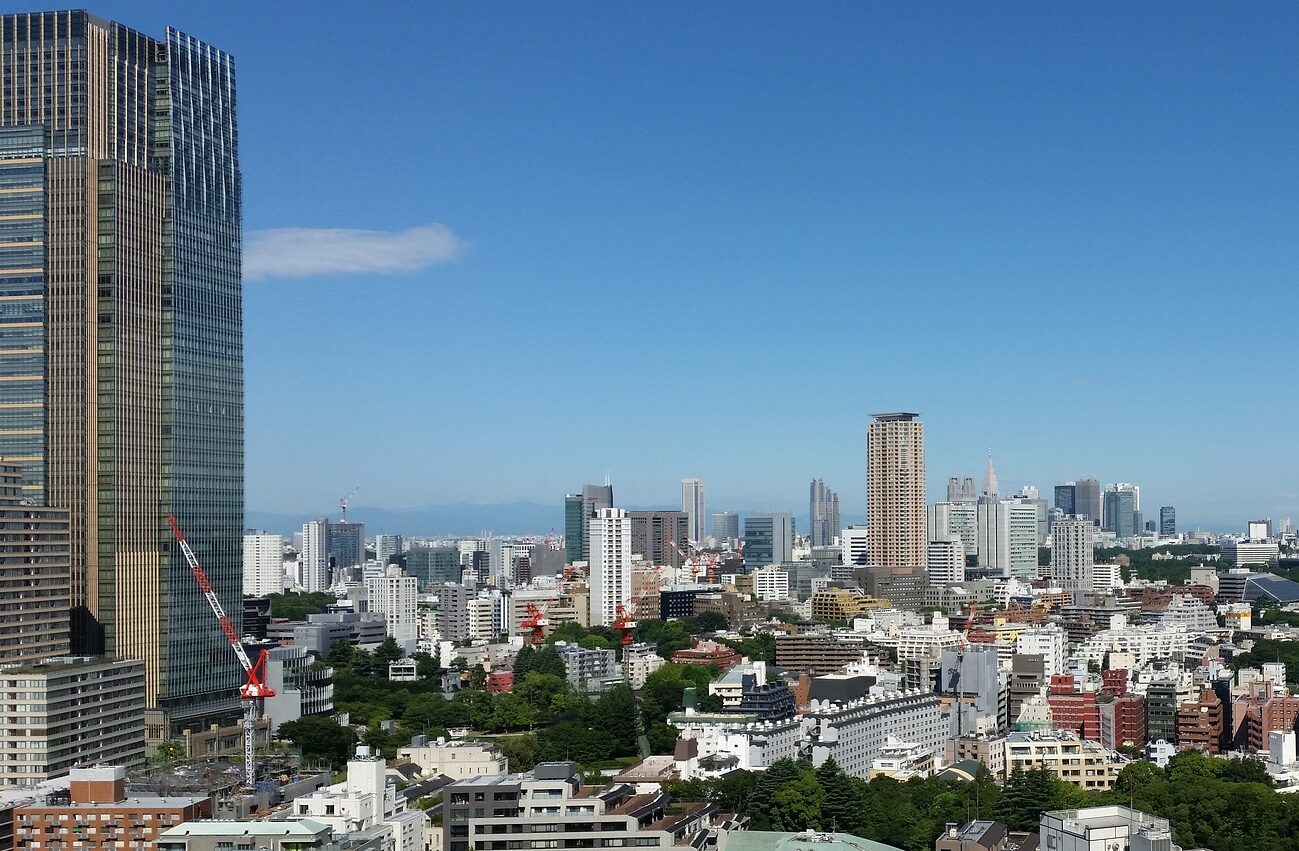
Japan
1-chōme-8-1 Marunouchi, Chiyoda City, Tokyo 100-0005, Japan
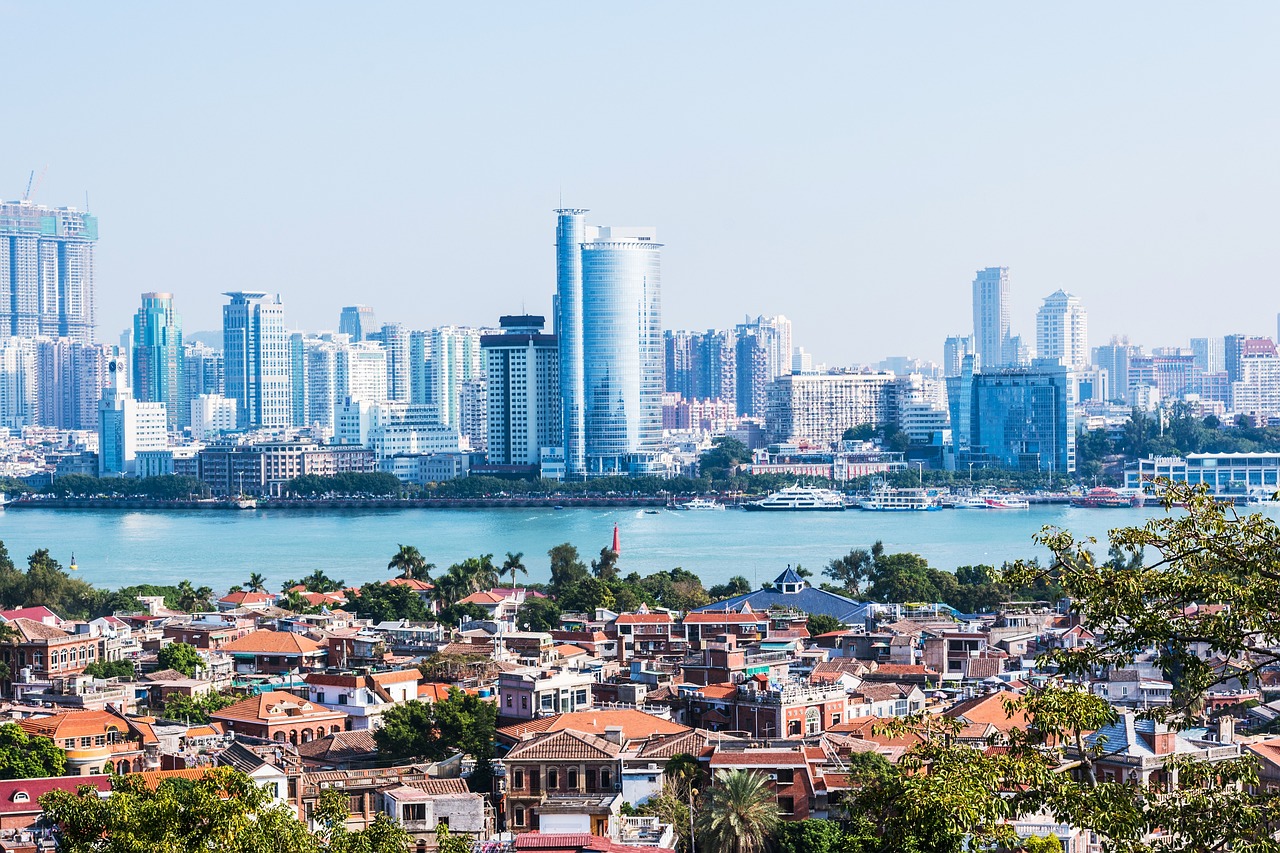
China
Lujiazui Ring Road #501, Floor 5, Shanghai, Huangpu, China,200120
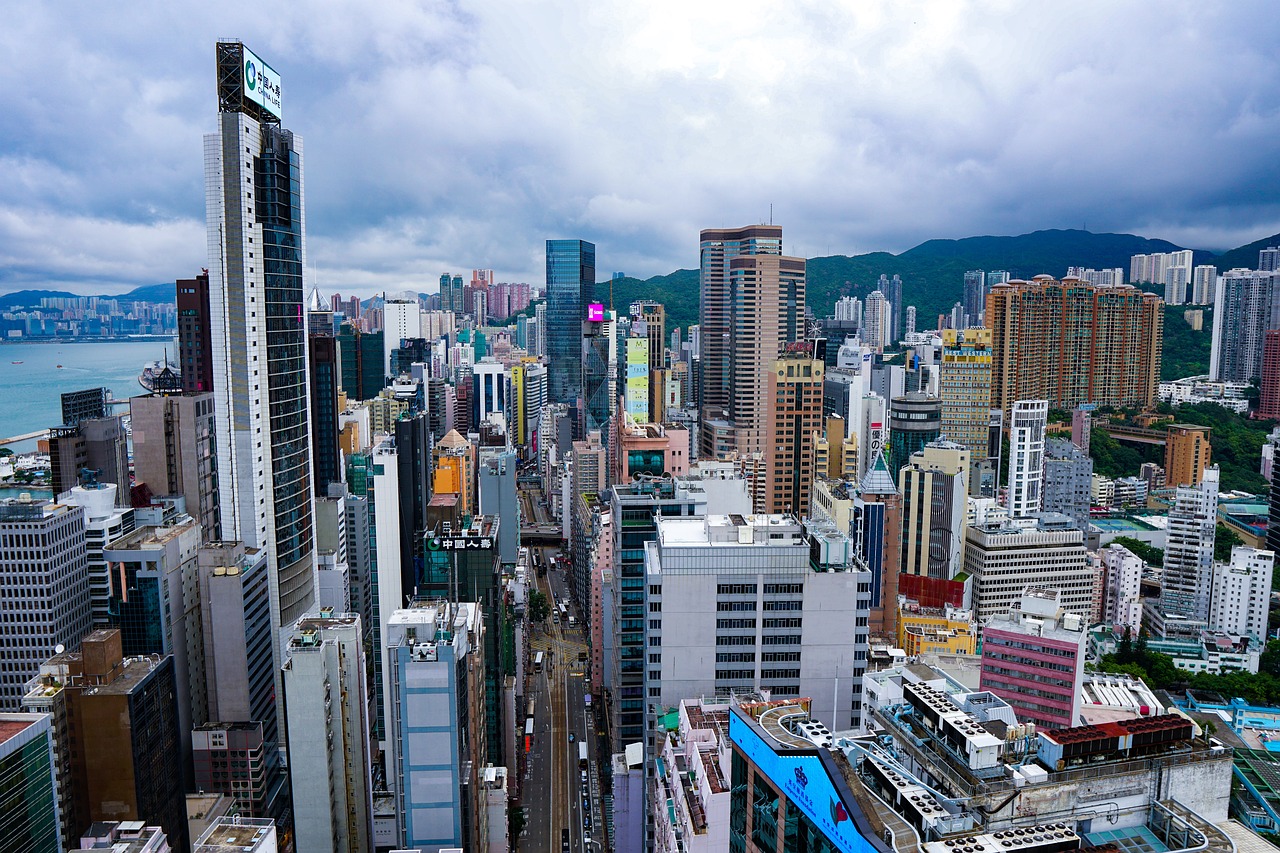
Hong Kong, China
Suite 1501, 1 Hysan Avenue, Causeway Bay, Hong Kong
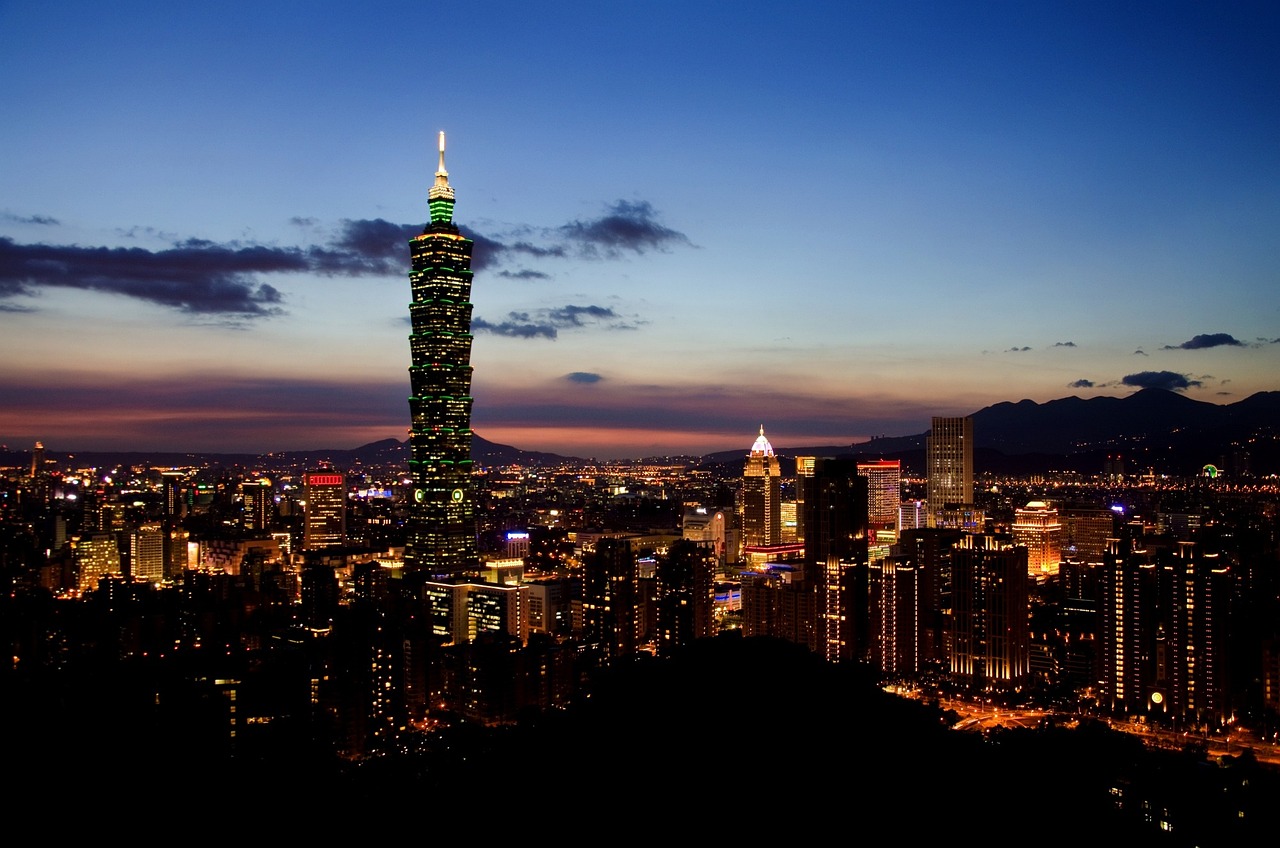
Taiwan, China
No. 8, Section 5, Xinyi Road, Da’an District, Taipei City 110, Taiwan
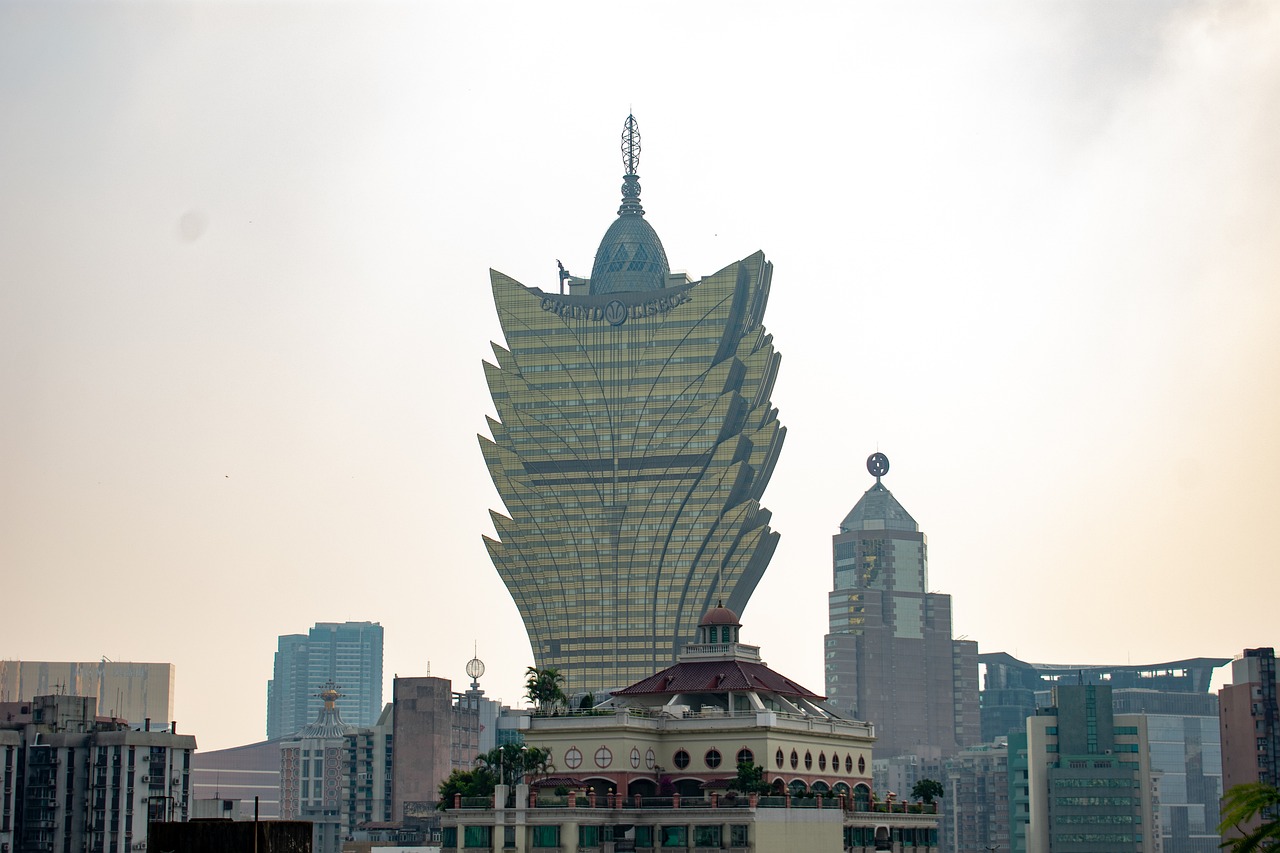
Macau, China
Rui do Dr. Sun Yat-Sen, NAPE, Macau SAR, China, 999078
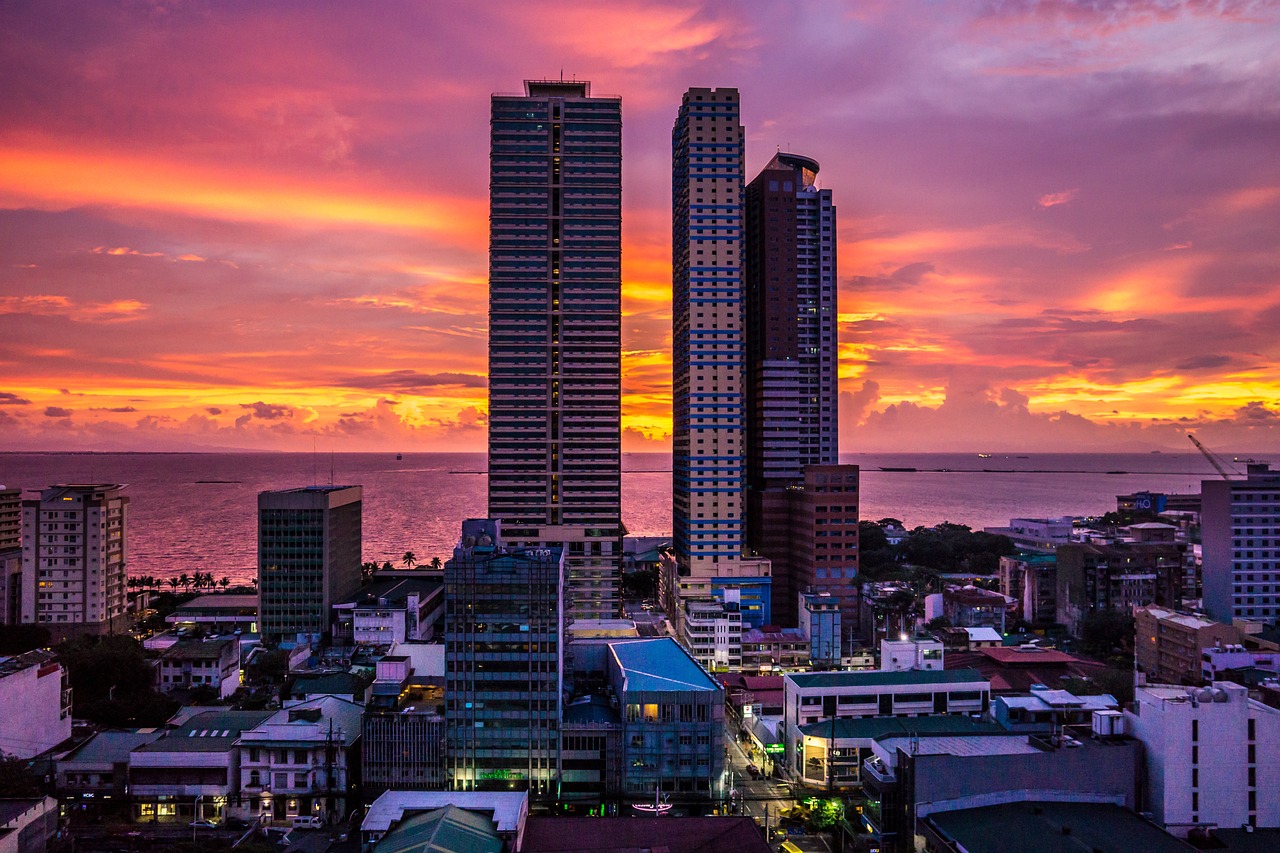
Philippines
6/F Net Lima Building, 5th Avenue cor. 25th St., Bonifacio Global City, Taguig, 1634 Metro Manila, Philippines
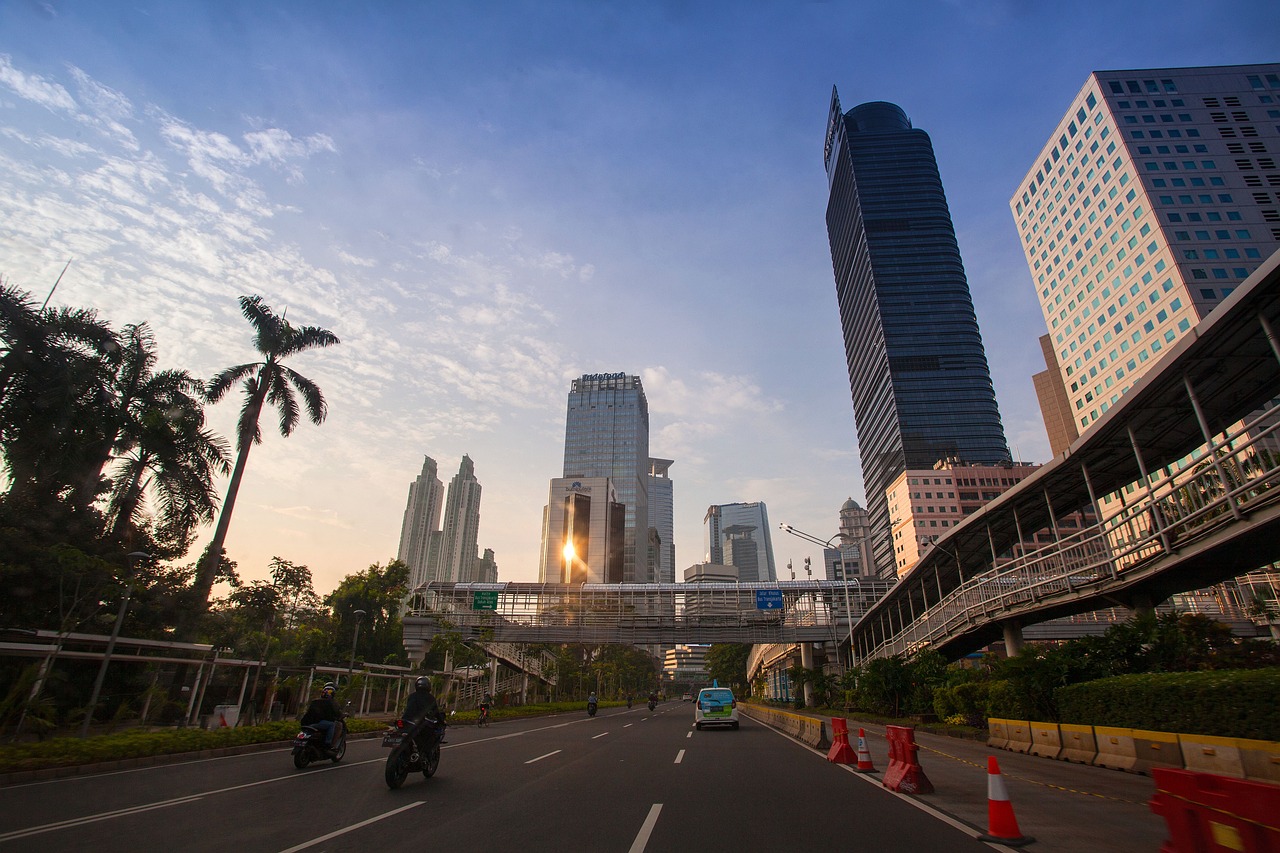
Indonesia
Jl. Jend. Sudirman Kav. 52-53, Kebayoran Baru, Jakarta Selatan 12190, Indonesia
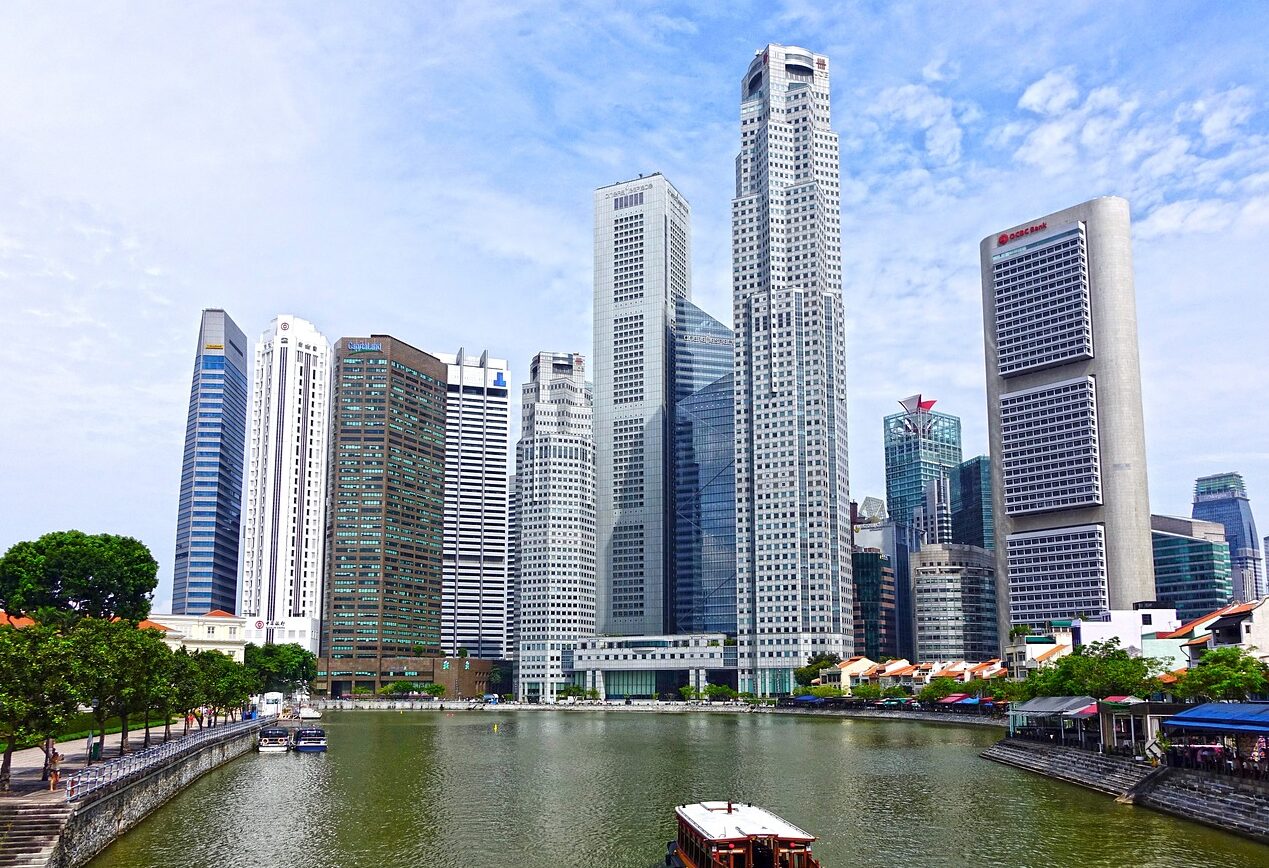
Singapore
10 Collyer Quay #23-01, The Quayside, Singapore 049315
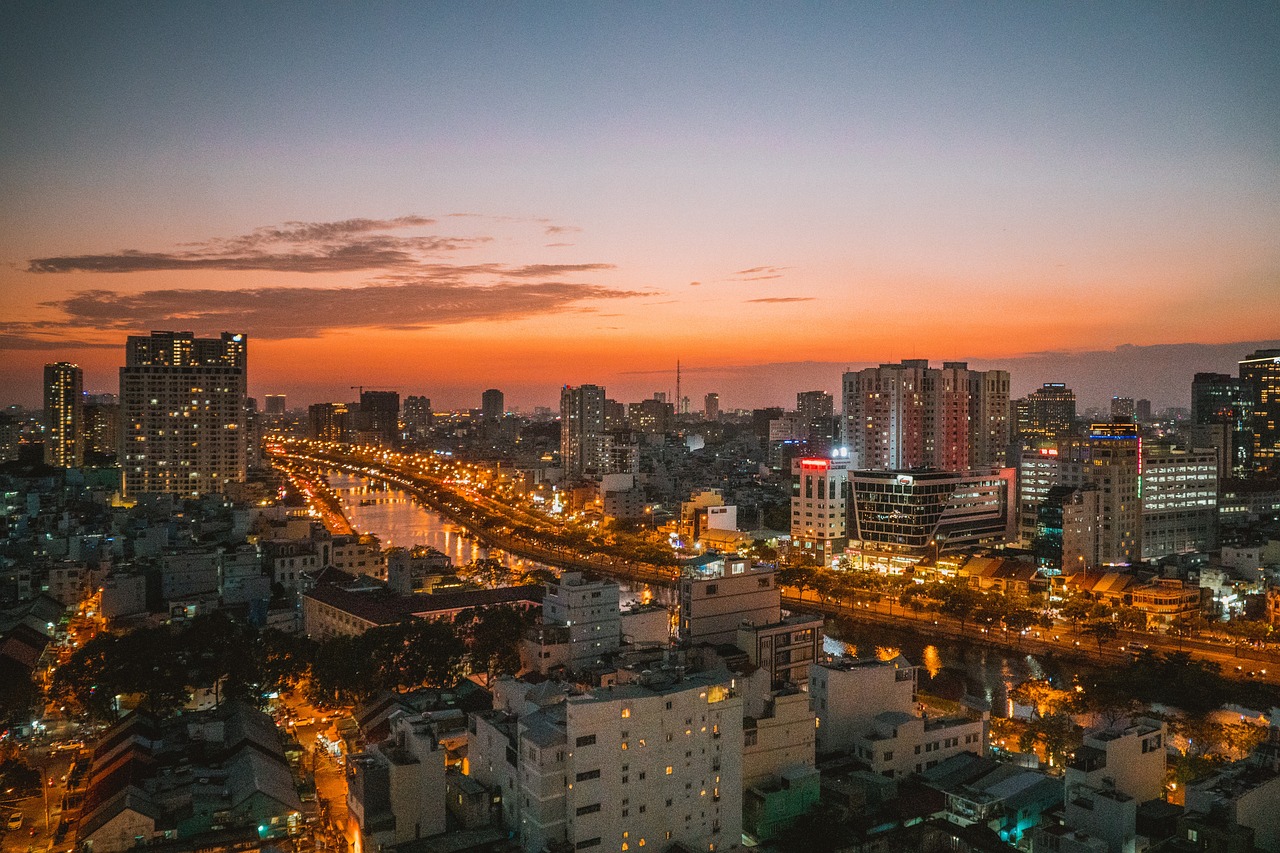
Vietnam
33 Nguyễn Hue Boulevard, District 1, Ho Chi Minh City 700000, Vietnam

Bangladesh
House 55, Road 125, Gulshan 1, Dhaka 1212, Bangladesh

India
Apollo Bunder, Colaba, Mumbai, Maharashtra 400001, India
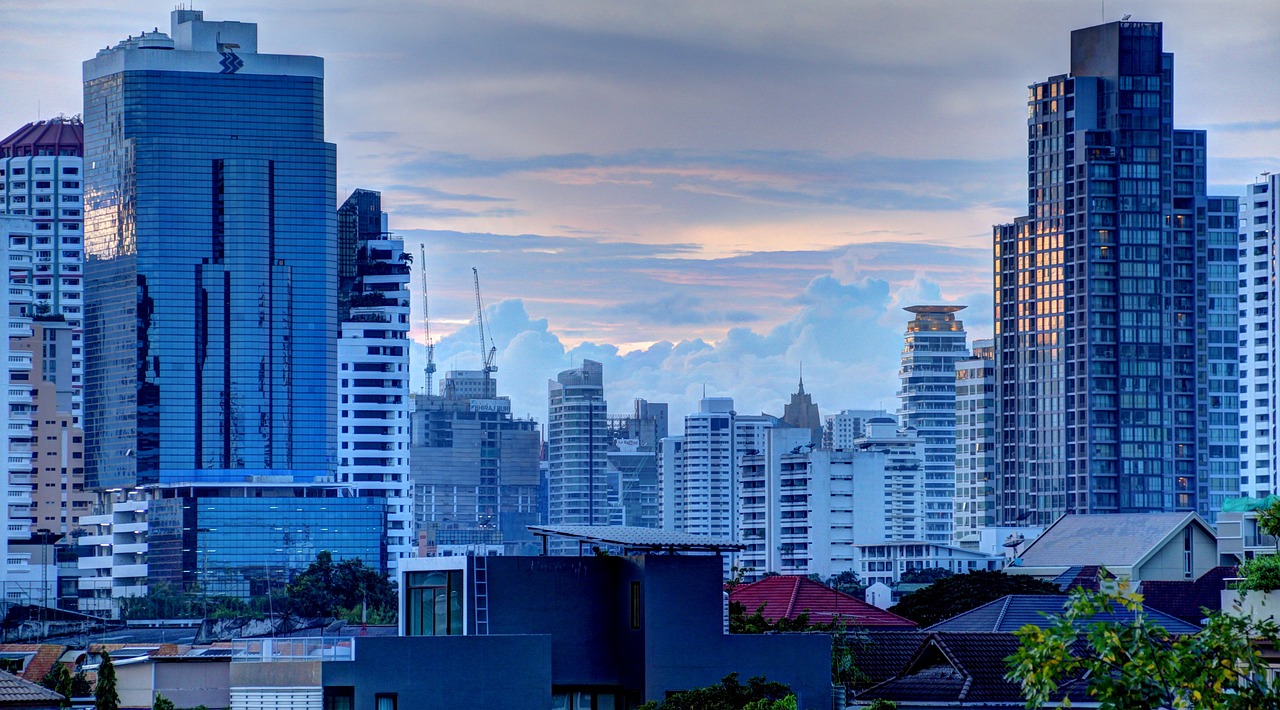
Thailand
999/86 Rama 1 Road, Pathum Wan, Bangkok 10330, Thailand